Expertise is given to the most skillful characters in DnD 5E, and for good reason. This is an incredible ability for out-of-combat—and, occasionally, in-combat—that should not be misunderstood.
However, despite the fact that it exists within several classes and has multiple similar abilities scattered throughout 5E, expertise can become a bit of a chore to understand. There are a lot of small modifiers, adjustments, and stacking that can be done with this ability which is otherwise hard to wrap your head around.
This guide will run through how to get expertise, how the ability stacks with other skill-based abilities, and additional miscellaneous use cases which can come up from time to time.
How does expertise work in DnD 5E?
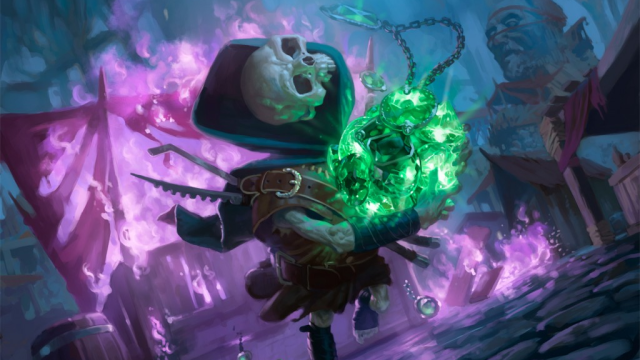
Expertise is a keyword that is used to describe any effect that doubles proficiency bonuses with chosen skills or tools. This bonus can be applied to any skill that the character has proficiency with in the first place.
By default, expertise will double your current proficiency bonus, adding anywhere between two and six to a given ability check. You must be proficient with the skill before you’re allowed to apply expertise to it.
| Level Range | Proficiency Bonus | Expertise Total |
| One to Four | Two | Four |
| Five to Eight | Three | Six |
| Nine to 12 | Four | Eight |
| 13 to 16 | Five | 10 |
| 17 to 20 | Six | 12 |
Expertise is a big bump to the out-of-combat chops of any character. By default, this ability gives a 10 percent boost to the likelihood that the improved ability check succeeds. By level 17, expertise boosts your chance to succeed at the buffed ability check by 30 percent. If your ability scores synergize with your skills, this feature by itself can almost guarantee success with any roll in most situations.
You notably do not gain expertise if you get proficiency in a skill from two different sources. For example, if a Paladin who was proficient with Persuasion multiclassed into a Bard at level two, they could not choose to take Persuasion again to get expertise. In order to double your proficiency, you need an ability that specifically allows it.
Sources of Expertise
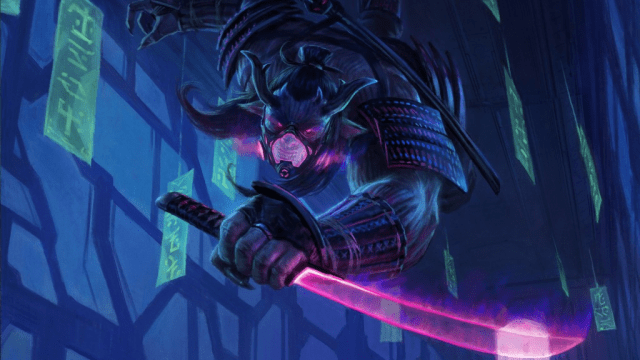
Expertise is most commonly found in class features. The main ways to get this ability are from Bards and Rogues, both of which have the most quantitative and versatile version of the ability. However, it can also be found in feats and through specific racial traits that also apply to it.
Rogues get two skills (or with Thieves’ Tools) with Expertise at levels one and six, for a total of four skills or three skills and Thieves’ Tools. You need to have proficiency with the skill before you can get expertise in it, but Rogues get plenty of options right out of the gate with their four-class skill proficiencies. Especially with backgrounds, you’ll have your hands full.
Bards can only get expertise with skills and get their options later; two skills at level three and level 10. Bards get a similar number of skills as the Rogue, though College of Lore Bards trounces the sneaky class with six skill proficiencies from class alone. Four options let you fill out your Charisma skills, or get some Sleight of Hand for some sneaky stuff.
The Artificer gets a version of this ability called Tool Expertise at level six. This only applies to tools that the Artificer is proficient with, but can theoretically apply to a massive pile of d20 rolls if the character is proficient with several tools.
A few other classes can get it through subclasses or alternative abilities. These options are often much more restrictive, activating only in specific situations or for a subset of abilities. For example:
- Knowledge Clerics apply it to two specific skills from a set list: Arcana, History, Nature, or Religion. These are “knowledge skills” that are usually only rolled to learn information.
- Fighters get two subclasses that get this ability. Rune Knights get the bonus with tools if they assign a Fire Rune, and Purple Dragon Knights automatically get it for Persuasion.
- Rangers can get expertise through the Deft Explorer optional feature. However, this only applies to a single skill proficiency. Notably, this ability is labeled “Canny” instead of expertise. They also are treated as having expertise with all Intelligence or Wisdom checks related to their favored terrain.
- Scout Rogues get expertise with Nature and Survival checks, as well as free proficiency with them.
- Draconic Sorcerers get to double their proficiency bonus when interacting with Dragons using Charisma.
A handful of feats grant expertise in skill checks. Notably:
- Prodigy, which is sadly restricted to Half-Elves, Half-Orcs, or Humans, grants a skill and tool proficiency, a language, and expertise with a single skill.
- Skill Expertise grants expertise in a single skill of your choice, while also giving proficiency in any skill you’d like. This can be the one you grant expertise or something else.
Finally, some races can apply double proficiency for very, very specific means. These include:
- Dwarves, whose Stonecunning ability allows them to gain proficiency in History checks and double their proficiency bonus of those checks, but only when thinking about stonework.
- Rock Gnomes, whose Artificer’s Lore works much like Stonecunning, but specifically for magical items, alchemical knick-knacks, and technology.
As of the writing of this article, there aren’t any magical items that double your proficiency bonus with skills. Several let you become proficient with new skills, which is nice, but none will double that proficiency bonus for you.
Does Expertise stack with itself?
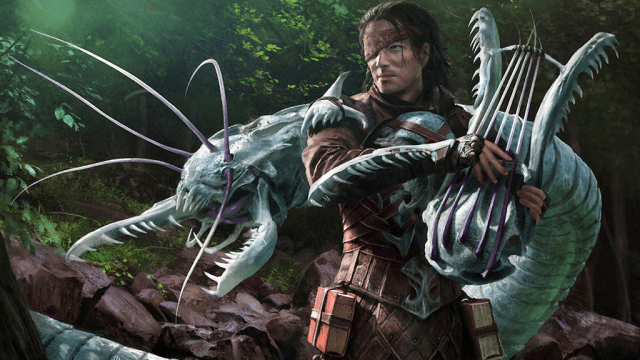
Expertise, and other effects which double proficiency modifiers, cannot stack with one another. Once you have doubled your proficiency modifier, you cannot double it again.
This goes for effects that are specifically named “Expertise” and anything that doubles proficiency modifiers. For example, despite it not being named “Expertise,” you can’t stack Banneret’s Royal Envoy ability with the Skill Expert feat.
This can be a bit of a bummer since it even applies to extremely situational methods of doubling proficiency. A Dwarven Cleric of Knowledge, for example, does not get to add their proficiency modifier three or four times on History checks to define stonework—though, no doubt that it’d be absolutely hilarious if they could. Maybe a kindhearted DM would let it slide.
Instead, the use of accessing multiple sources of Expertise tends to be breadth rather than depth. A Bard 10/Rogue 10 multiclass build can obtain expertise with eight skills, which is frankly quite great. They can have all of their Charisma skills +12’d, their Dexterity skills +12’d, and still have room for one more of their choice. If that character decided to get Prodigy and Skill Expert, they could have 10 skills being improved by expertise, which might start to get a bit annoying for the DM.
Effects that stack with Expertise
That being said, all other numerical bonuses stack with expertise just fine. That includes spells, magical items, ability score improvements, and anything else.
Perhaps the most enjoyable thing to add to an expertise-havers repertoire is the legendary Mastery Ioun Stones. This rock boosts proficiency by one, meaning someone with expertise gets a plus-two to all applicable ability checks while this is around their head. Giving a Bard the Mastery Ioun Stone boosts their spellcasting, attack rolls, and their skills by such a large margin that they’re undoubtedly the best choice.
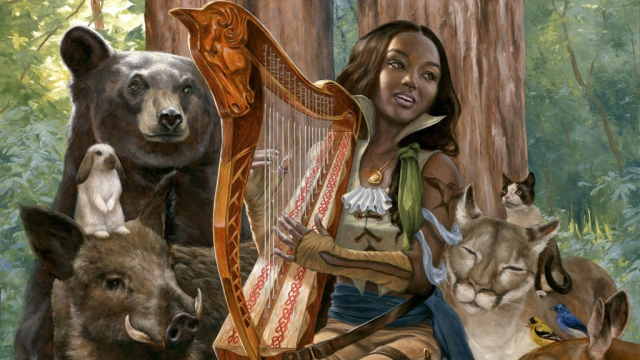
Magical examples include cantrips like Guidance, which adds a +1d4 to the check and Pass Without Trace, which applies a flat +10 to Stealth checks. These both stack with expertise, meaning a Rogue with expertise in Stealth can easily start rolling in the 40s or 50s by endgame. Just try to find that guy.
Racial bonuses, like the Hobgoblin’s Saving Face ability, can also be added to an ability check which uses Expertise. These tend to be a bit less common, though Dragonmarked characters tend to be able to add dice to skill checks.
Any magical item that grants numerical bonuses to ability checks passes the test, too. Tomes and items used to boost ability scores—such as Belts of Giant Strength—will absolutely stack with expertise. As will flat numerical bonuses that apply to skills, like the Gloves of Thievery’s plus-five to Sleight of Hand checks and Dexterity checks to pick locks.
You can have advantage and expertise simultaneously, such as from Enhance Ability. This can be extremely useful if there’s a check your party has to make to survive a situation like a Rogue picking a lock to leave a room filling with gas.
Combining expertise with these flat bonuses might sound quite overkill, and it often is. However, especially early on, guaranteeing that you succeed on a given ability check is absolutely worth it. Buff up your Bards and Rogues and watch as you completely dominate any difficulty check that you come across.


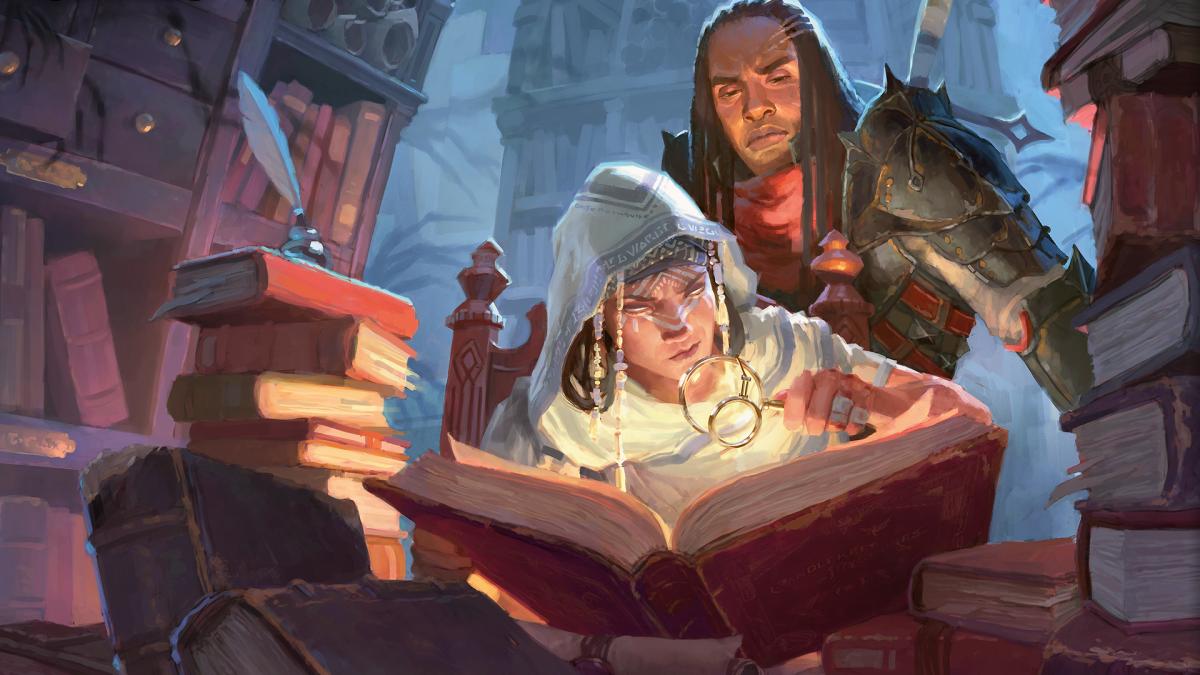
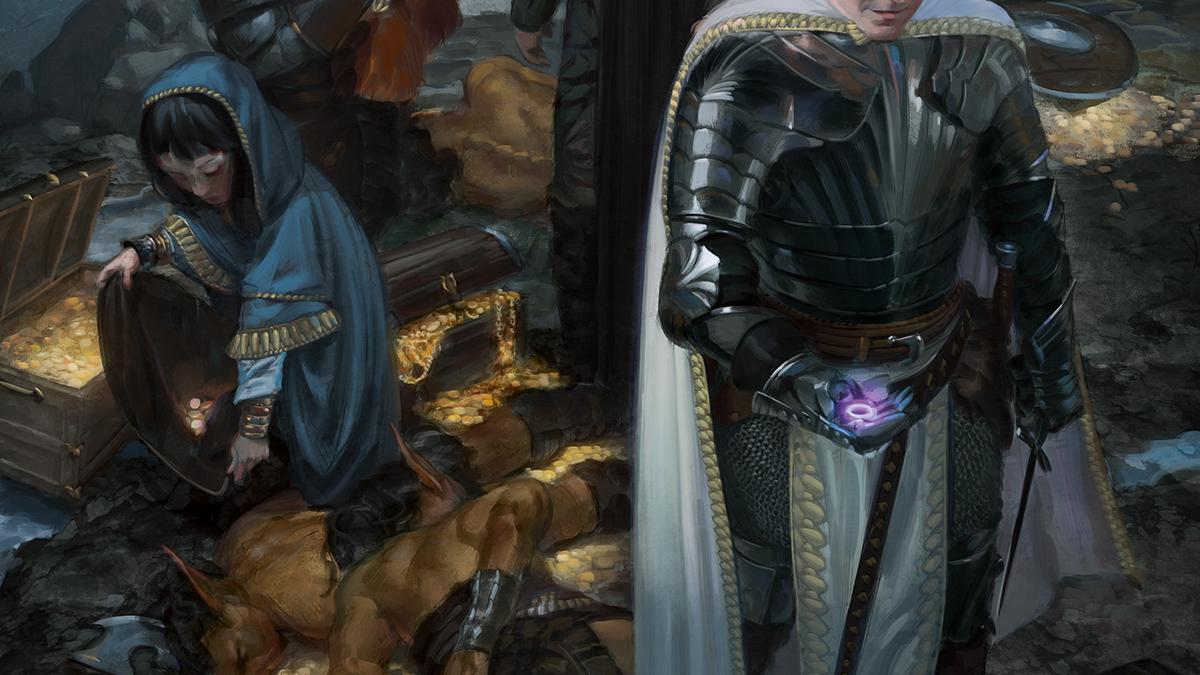

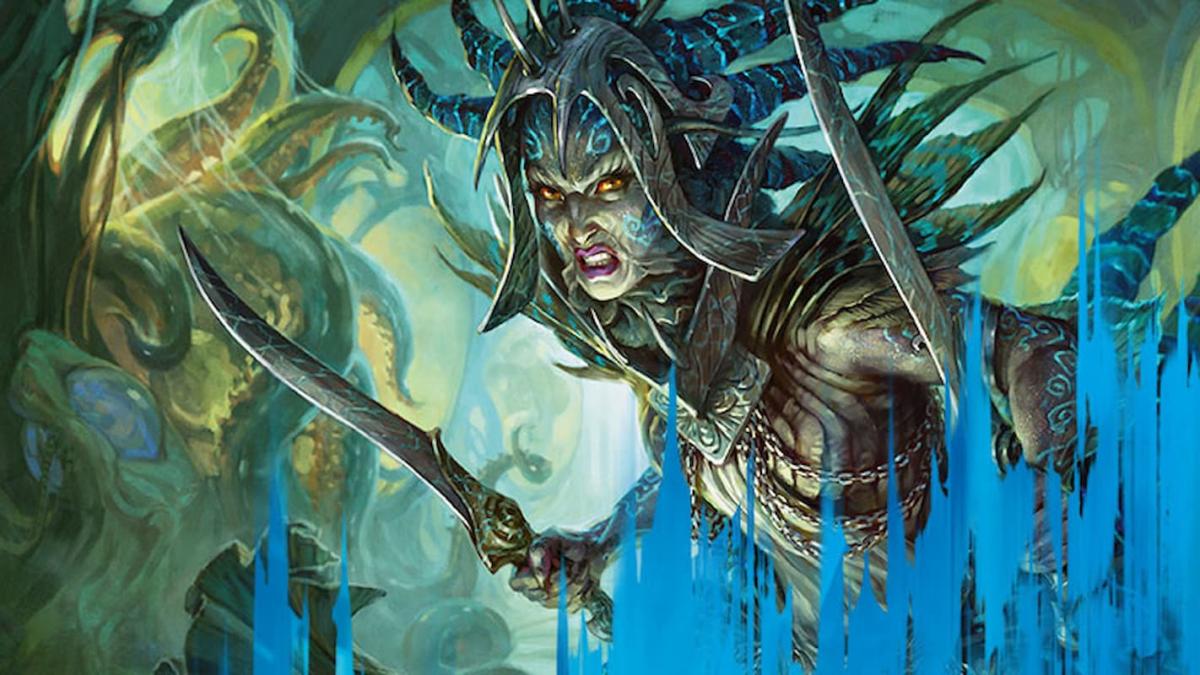
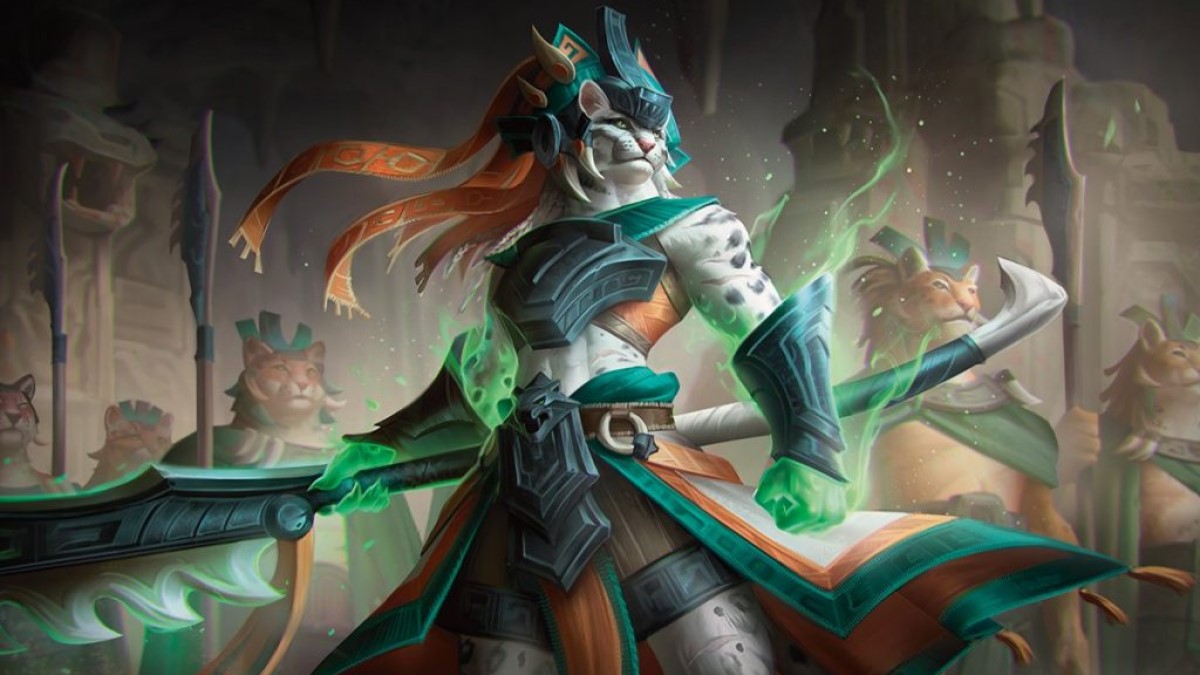
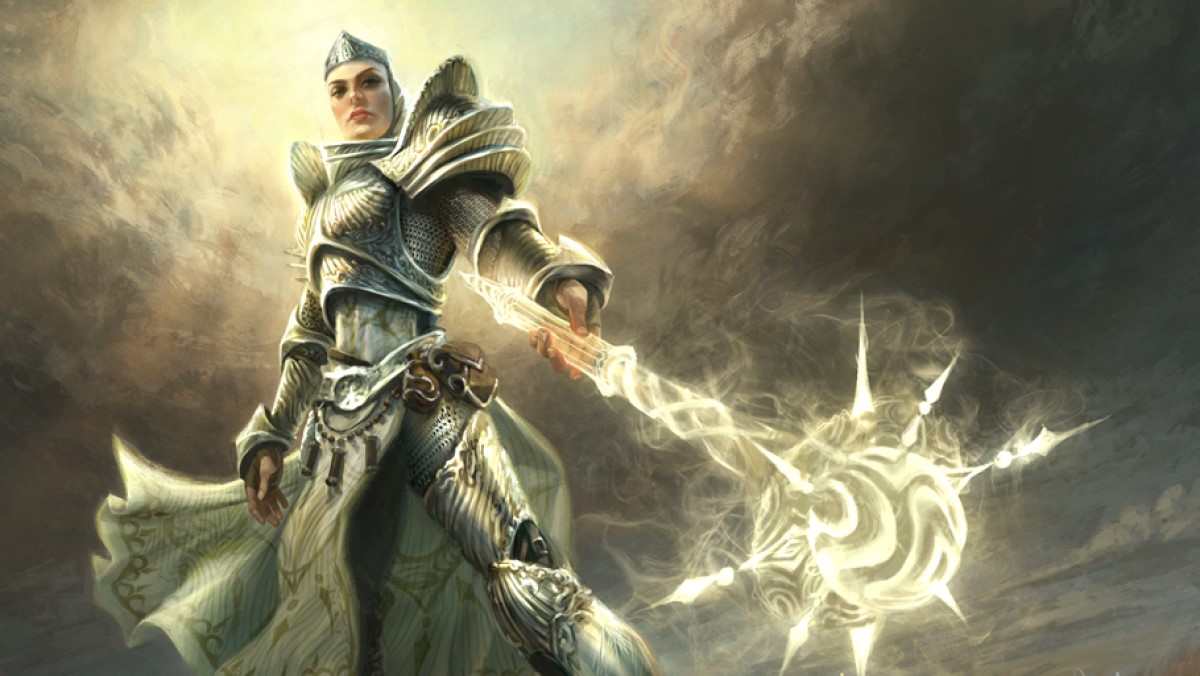



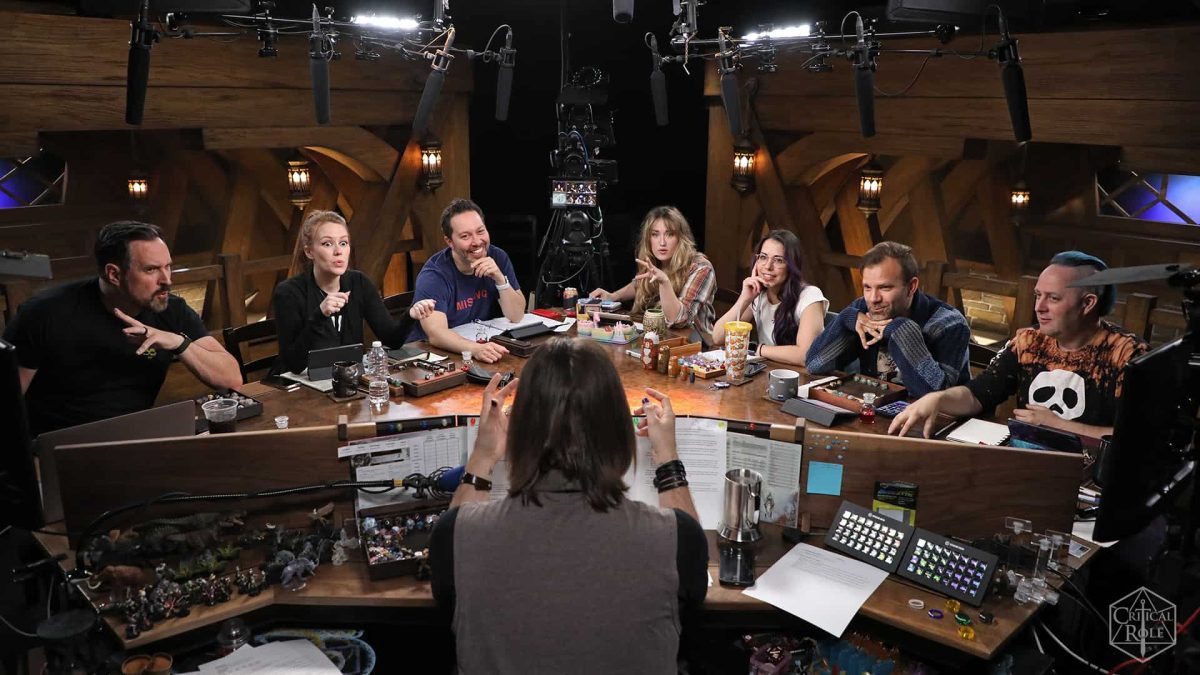
Published: Oct 27, 2023 12:47 am